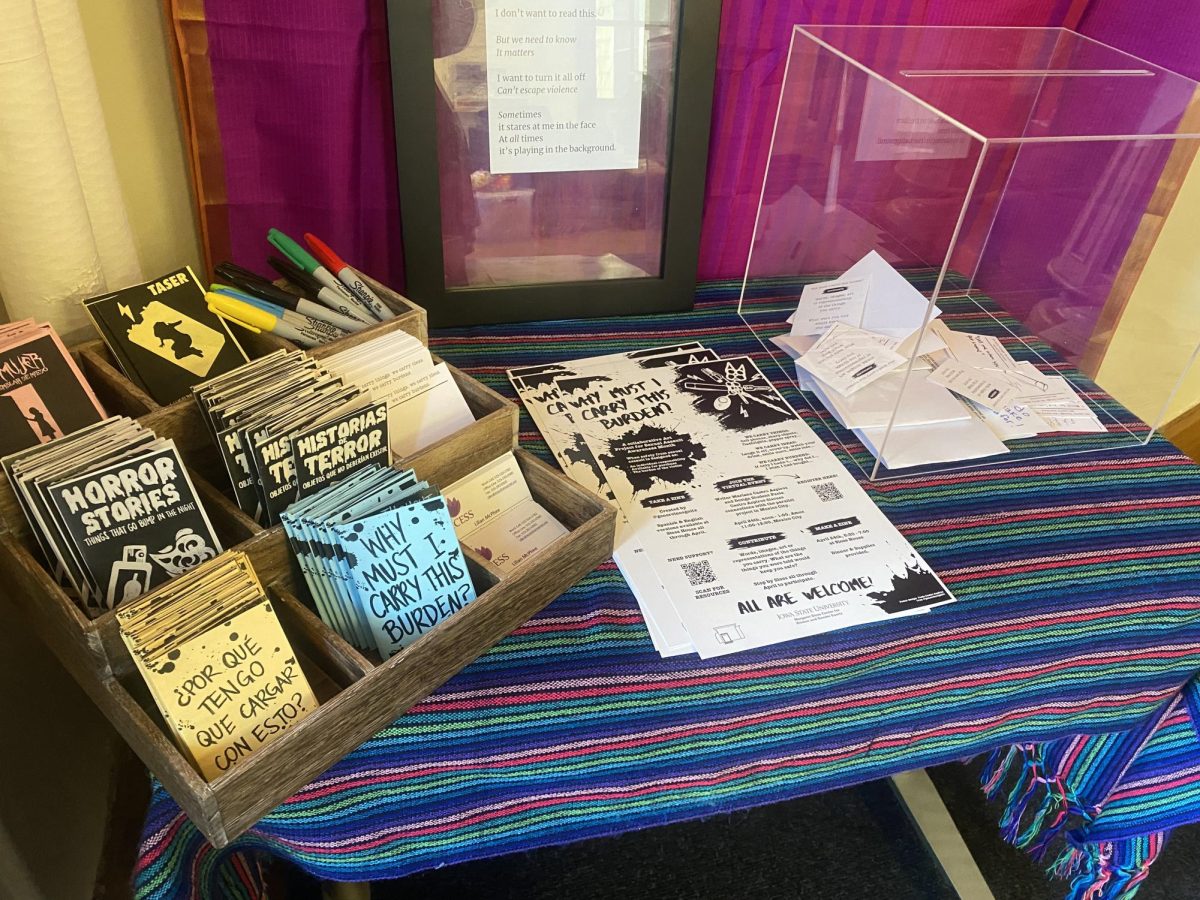Racism and well-meaning whites
January 29, 1997
Many don’t even realize they’re doing it.
They’re called “well-meaning whites,” people who say and do racist things, but aren’t aware of it.
“How can I be racist if I’m well-meaning?” Kel Munger, a graduate student in English, asked the audience at one Diversity Teach-In lecture Tuesday. She said racism can show itself in ways that are not so obvious.
“Often times it comes down to intent. I didn’t intend it, therefore it wasn’t racist,” answered Jay Berry, a professor of English.
Both spoke at the lecture, called “The Racism of Well-Meaning White People: Strategies for Moving Beyond Silence.”
Munger and Berry said many white people inadvertently say things that are racist. For instance, Berry made an example of Deantrious Mitchell, an ISU sophomore who fabricated a story to police last semester about being assaulted by eight white individuals. Mitchell is black.
“When it was taken as a racial beating, the first thing the administration did was to gather black faculty and have them go out and talk to black students, apparently to stop a riot,” Berry said.
“By sitting down and almost treating them like children, I would venture to say it never dawned on them that what they were doing was racist,” he said. “I’m sure it wasn’t their intent.”
As a white person, Munger said it is easy to talk about institutional racism with the police or the university. But Munger, who is white, said racism runs deeper.
“I was being naive. As a white person living in this country it never occurred to me that I couldn’t live somewhere that I could afford to pay the rent at,” she said. “But that’s not an option people of color always have.”
Munger and Berry said one of the greatest ways to combat racism is by speaking out.
“Silence isn’t ignoring racism; it’s engaging in complicity with it,” Munger said. “It’s saying that racism is OK with us.”
Even if it seems hopeless to say something when a group of people are making racist or prejudiced jokes, Berry said it is still important to be heard.
“Racism is something that we are all responsible for,” Munger said.
















